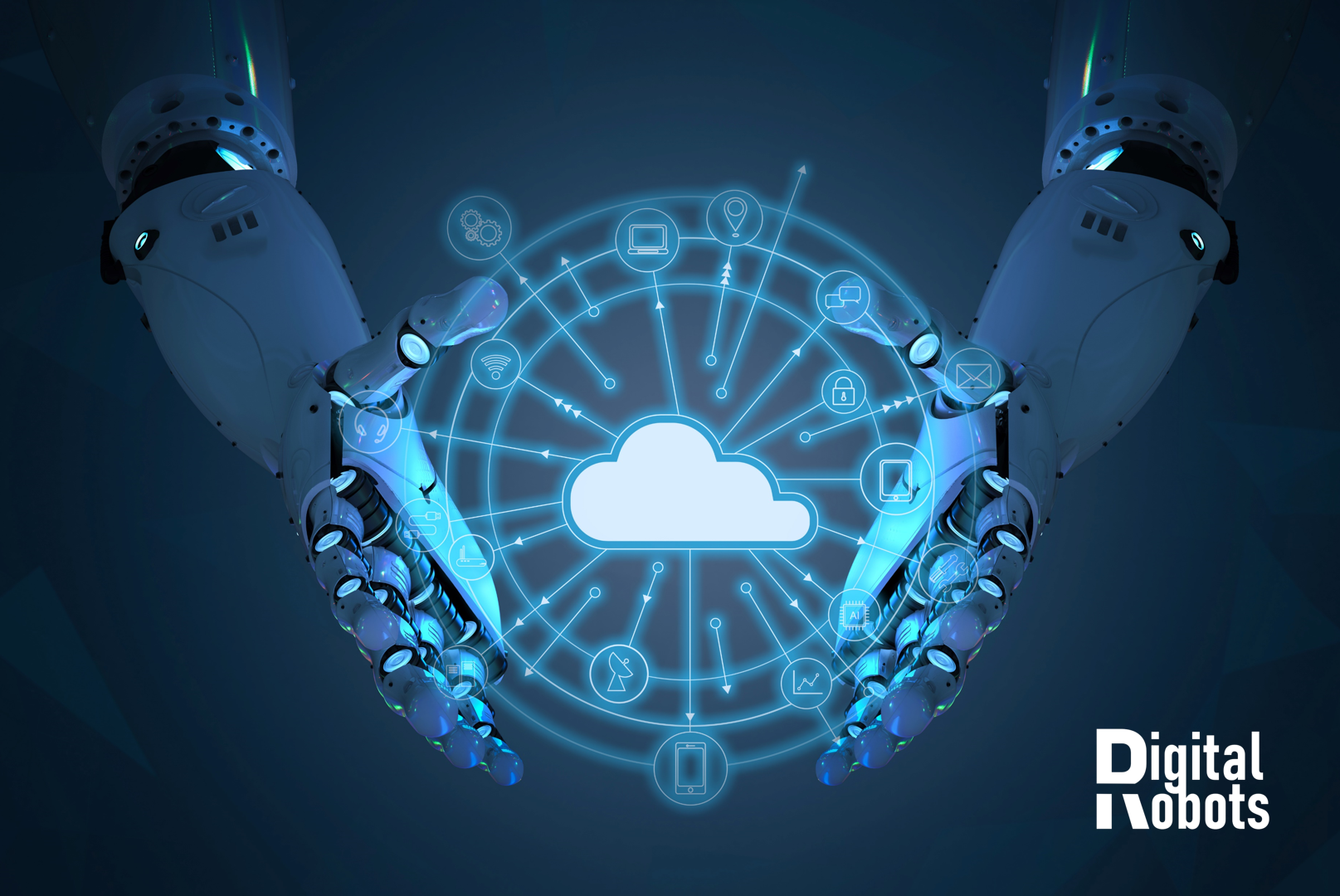The evolution of automation: From RPA to RPAaaS
The process automation is not a new concept, as it has been present for the last decades, although it has undergone a significant evolution over time and it is in recent years with the advance of technology where it has gained more strength. In this context, the Robotic Process Automation (RPA), as a leading technology in this field, has become the most important.as the leading technology in this field, has experienced rapid growth and adoption in recent years. This technology combines Intelligent Automation with Artificial Intelligence.
The effectiveness of RPA has been demonstrated in a variety of sectors and industries, including financial services, healthcare, logistics and manufacturing. Organizations have turned to RPA process automation to improve efficiency, reduce costs and raise the quality of their business processes.
We are entering the fourth industrial revolution, the era of end-to-end automation , and RPA technology, as the driver of this revolution, has transformed the way organizations optimize and streamline their operations, leading companies to adopt RPA automation technology as an essential tool for their business. RPA has proven its worth by eliminating human error, improving operational efficiency and reducing overall business process times and costs. Software robots are used to perform routine tasks, manipulate data and communicate with all types of legacy and current systems, freeing employees from manual and tedious tasks and allowing them to focus on more strategic tasks.
The 2020s is truly the era of RPA democratization and the growing impact of RPA in all segments of the economy, gaining a foothold in all types of sectors and companies. The accessibility of this technology is made possible through the gradual exit from costly robot licensing fees that were previously only affordable for multinational companies with high budgets.
Thanks to this, RPA technology has undergone a significant breakthrough that has led to the emergence of a new dimension: RPA as a service (RPAaaS).
This revolutionary approach allows RPA to be used as a complete service, without requiring investments in infrastructure or specific licenses, and is applicable to any type of business. Most notably, it maximizes the potential of the hired robots, as you only pay for the time of use. In addition, it provides greater flexibility and scalability, as automation resources can be easily expanded according to changing business needs. This innovative advancement of RPA as a Service (RPAaaS) is enabling RPA technology to expand to smaller businesses, providing SMBs with massive productivity results.
We are already seeing more and more evidence of RPAaaS in SMBs moving from pilots and proof-of-concepts to real-time production in much shorter times than with traditional RPA in large capital-intensive enterprises. According to the 2021 report from Xerox, one of ElectroNeek's largest partners, 80% of SMB leaders saw task and process automation as crucial to their survival, with two-thirds planning to upgrade their automation tools.
All of this boils down to RPAaaS representing the next stage in the evolution of robotic process automation. By offering software robots as a service in the cloud, organizations can benefit from greater flexibility, scalability and accessibility, driving operational efficiency and innovation in businesses around the world.
At Digital Robots, we offer RPAaaS as a comprehensive solution to implement RPA in any client, regardless of its sector or size, being one of our "star" and most innovative services. Our goal is to adapt robots so that all companies have the opportunity to access this technology and as pioneers and experts in the implementation of RPA as a service, we employ the best strategies and resources available. If you are interested in more details about RPAaaS, feel free to take a look at our RPA as a service page.
Related news






